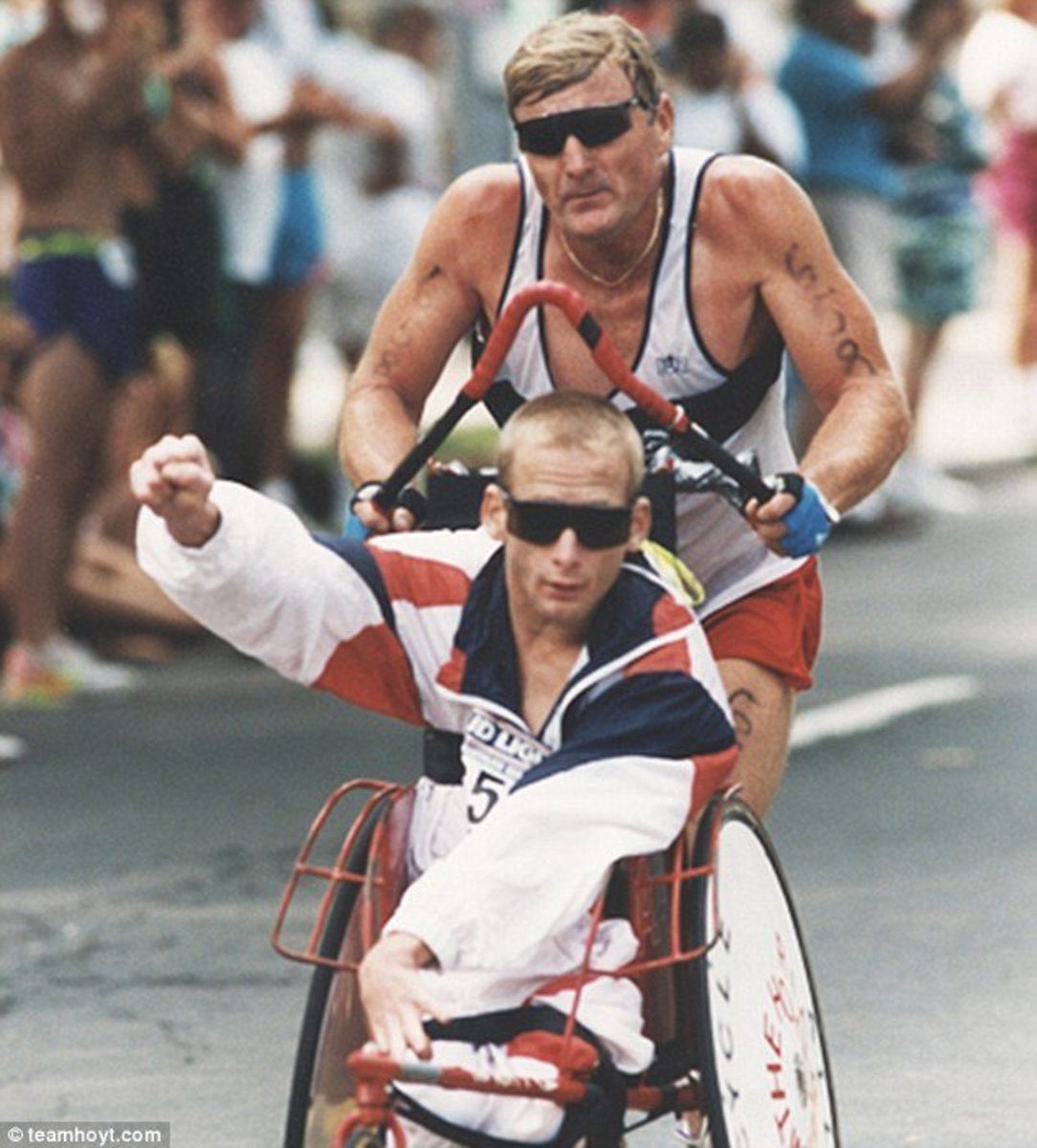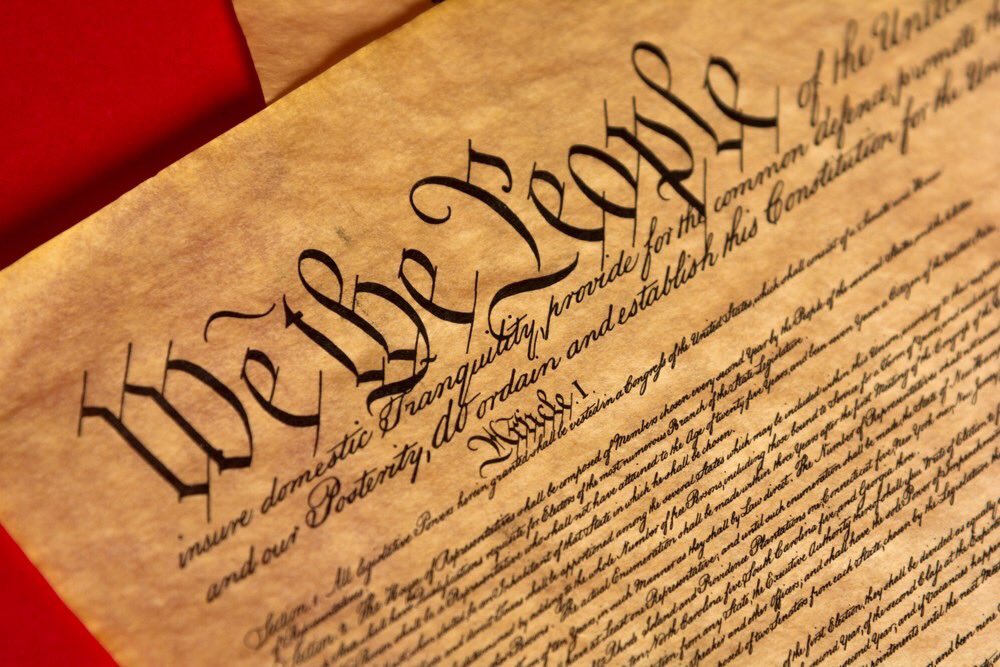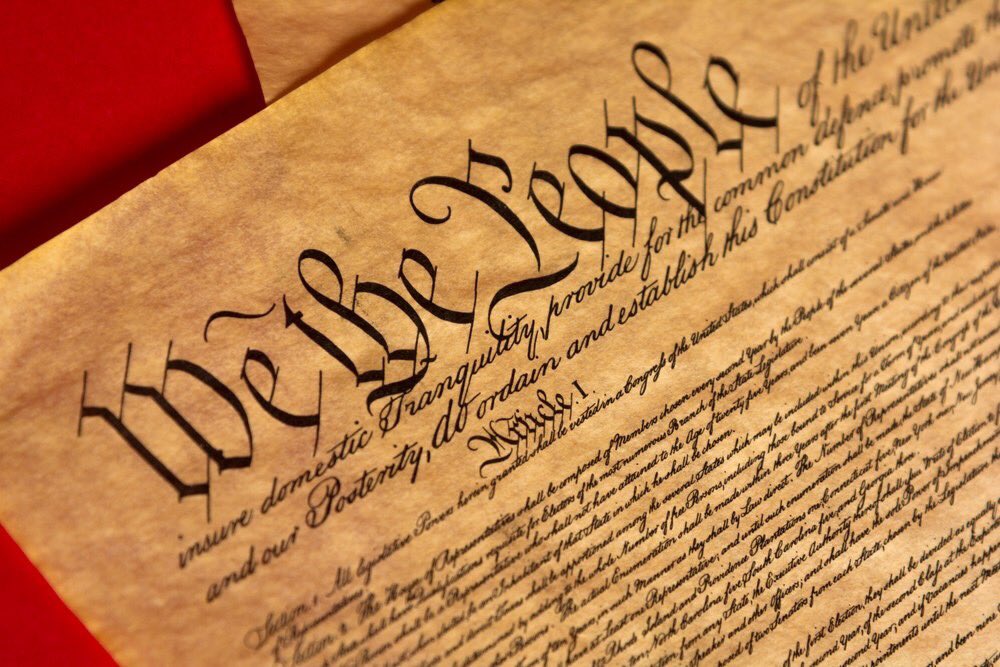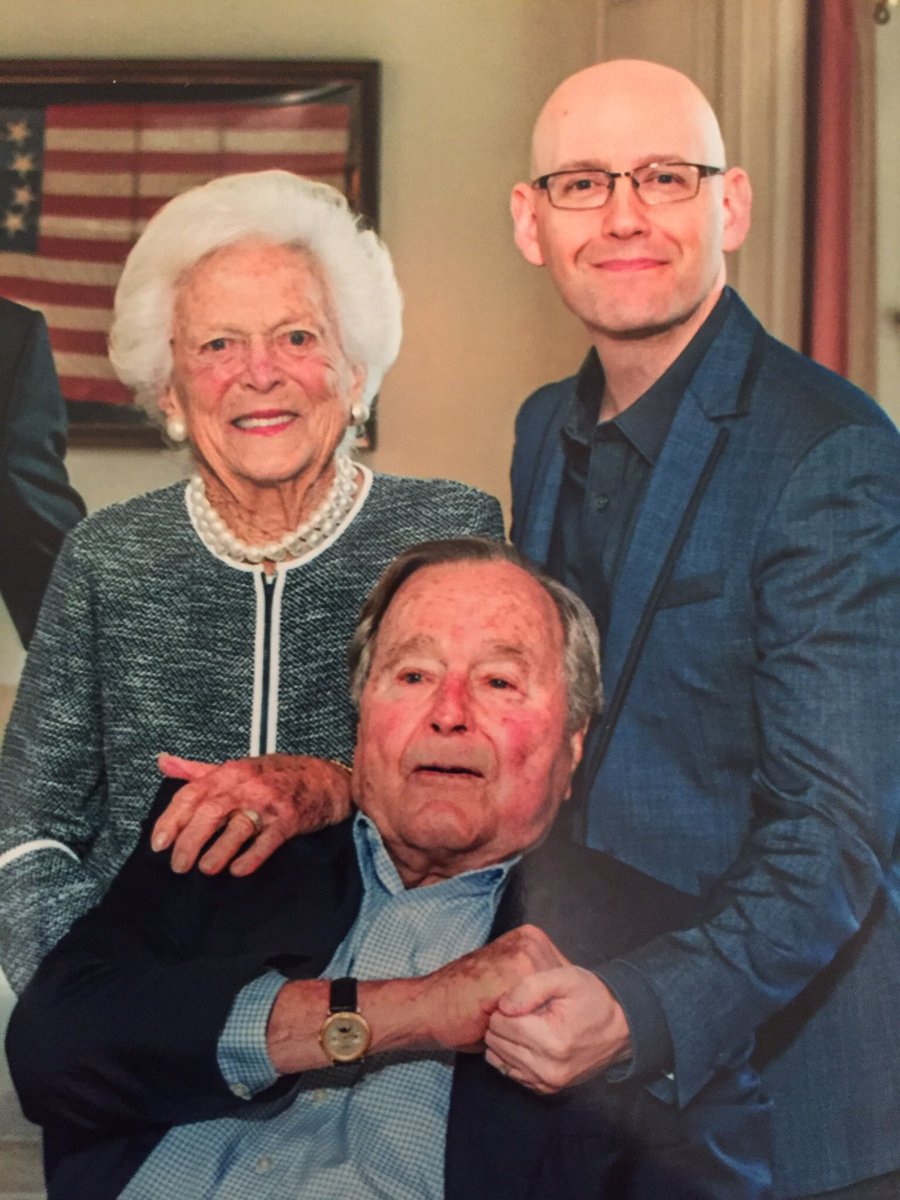
THREAD ON VOTING BILLS
My wife has worked on voter protection for over a decade here in Florida. Without question, the bill that Governor DeSantis just signed will make it harder for people of color, poor, elderly, and disabled people to vote. History is watching.
My wife has worked on voter protection for over a decade here in Florida. Without question, the bill that Governor DeSantis just signed will make it harder for people of color, poor, elderly, and disabled people to vote. History is watching.
When I posted that earlier today, many asked me to elaborate. So let’s look at the context of when this bill was passed. In 2020, for once, Florida didn’t screw it up. There was bi-partisan praise saying Florida’s elections were safe, secure, and orderly.
DeSantis said we were “the state that did it right.” So what was the “problem” that needed fixing? With the pandemic, 2020 saw a surge in Vote By Mail ballots by minority voters, and Black voters in particular. According to the NAACP,
“twice as many Black voters cast VBM ballots in 2020 [and] VBM ballots cast by Black voters increased by 28%." That’s what changed in Florida. More Black and brown people voted by mail. So suddenly, the governor decided to take action.
The law imposes a requirement that people provide 1 of 3 forms of ID to request a Vote By Mail ballot. In response, some have asked me why people “can’t just get driver’s licenses.” But according to the Brennan Center for Justice, millions of U.S. citizens lack a driver’s license
or other government-issued ID, and “poor, elderly, and minority citizens” are “less likely to possess these forms of identification than the general population.” Some people are uncomfortable providing their Social Security number. Others don’t trust local election officials with
their sensitive information (certainly those who don’t trust the government/vaccines/whatever can understand that). Other sections of the bill impose criminal penalties for providing voter assistance and delivering Vote By Mail ballots, and limit the availability of drop boxes
These restrictions disproportionately impact those same poor, elderly, and minority citizens who often have less flexible and more unpredictable work obligations that limit their ability to vote during traditional voting hours. This isn’t about “not having faith in minorities,”
as some argue. It’s about recognizing the very real ways that the law negatively impacts the voting of certain communities more than others.
MOST IMPORTANT, our right to vote is constitutionally guaranteed. t is the single most important right in a functioning democracy.
MOST IMPORTANT, our right to vote is constitutionally guaranteed. t is the single most important right in a functioning democracy.
You get the right to vote by virtue of being a citizen. But. Driver’s licenses or ID cards aren’t tied to constitutional rights. They’re something you may or may not want (see above). You should not have to jump through secondary hoops (as so many Second Amendment
advocates advocates understand) to exercise one’s fundamental right to vote. Of course, laws punishing people for illegally voting are necessary — and they're already on the books. But this bill is not that. This bill restrains the right to vote through restrictive ID laws
that right.
FINALLY, (if you’ve read this far, thank you), I don’t think someone is a racist just because they like this bill. We all want better and safer elections. No one knows what’s in someone’s heart…we can only judge the impacts. And by the math, a disproportionate
FINALLY, (if you’ve read this far, thank you), I don’t think someone is a racist just because they like this bill. We all want better and safer elections. No one knows what’s in someone’s heart…we can only judge the impacts. And by the math, a disproportionate
number of poor, elderly, disabled, and minority citizens are impacted by the numerous voting restrictions in this law. As a result, this bill impacts certain communities more than others. If you think that’s okay, and that’s what you want to stand for, that’s your choice.
You’ve picked your side. I’ve picked mine. As someone who studies history, I think about what happened after the Civil War, when Blacks were required to pass civics and literacy exams to vote. “Can’t they just learn to read? That’s what I did!” the lawmakers said back then.
Today, we look back and realize how unfair and wrong that was. Back then, people needed to speak against those laws and call them out for what they were really doing. And we need the same now. Whatever side you’re on, I love you – and appreciate the open ear.
It’s the only way we can ever move forward – by actually respectfully listening to each other. Oh, and if your first response is, “But what about…?” – you’ve picked your spot. I know where you stand. And I still love you. Be kind to each other, people.
• • •
Missing some Tweet in this thread? You can try to
force a refresh









